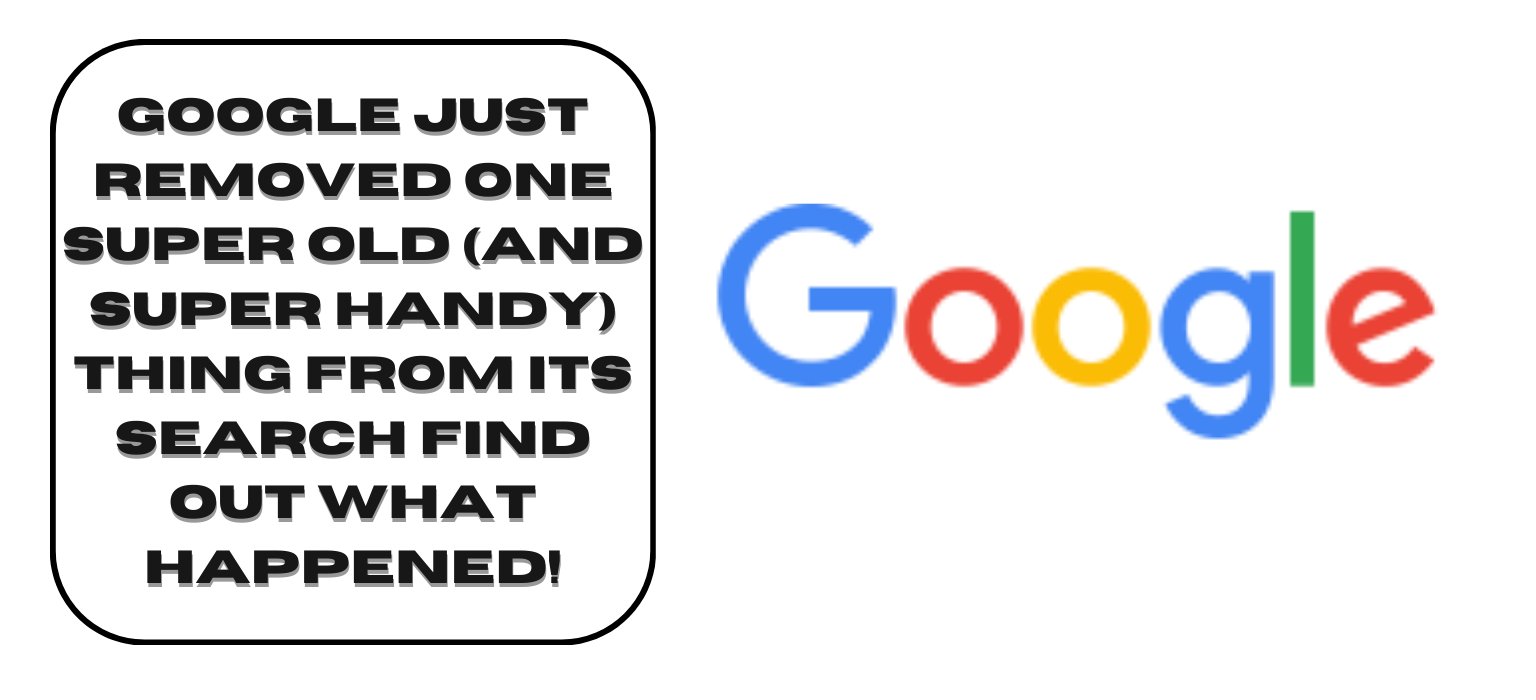
The End of an Era: Google Retires Iconic Cached Web Pages Feature from Search Results Google has officially removed one of the oldest and most useful functions from its iconic search engine – the links to cached web pages. For over 20 years, these cached snapshots allowed users to view archived versions of sites that were inaccessible or recently updated. Now, this staple utility joins the Google graveyard.
The decision signals the end of an era for one of Google Search’s longest-standing tools. While reasoning behind the change remains unclear, the implications for users could be significant.
Google : What Were Cached Pages and Why Were They Helpful?
Cached web pages were essentially archived copies of websites hosted by Google. Next to search results, Google displayed “Cached” links which opened a snapshot of the site at a previous point in time.
This allowed access if the live site was blocked or overloaded. It also let users compare recent changes to pages after an update. For professionals like developers and SEO analysts, cached pages provided invaluable troubleshooting assistance.
Common use cases included:
- Accessing sites blocked due to geographic restrictions
- Viewing sites temporarily down or overloaded with traffic
- Comparing updated web pages to older archives to spot changes
- Researching poorly optimized or broken pages for improvement
- Studying previous code structures of improperly updated sites
- Analyzing prior website metadata for SEO competitiveness
In essence, cached pages enabled transparency and access – cornerstones of an open internet.
The Gradual Sunset of a Once-Key Capability
Google began slowly phasing out cached links over a year ago. However, a recent confirmation from lead search representative Danny Sullivan solidified that cached snapshots will not be returning.
Sullivan stated the tool was originally intended to provide availability when websites “weren’t working well” – an issue modern sites face less frequently. Yet this discounts the numerous other applications benefiting researchers, marketers, agencies and everyday users alike.
Nonetheless, cached links have ceased functioning over 2022 and 2023 within organic search results. Now only a URL command prompt (“cache:[URL]”) allows access, and even this could be removed down the line.
For those relying on cached pages within their workflows, the disappearance represents lost visibility into the modern internet’s evolution.
What’s Next for Archival Access to the Web?
With the iconic cached page tool now dead, Google has not identified an immediate replacement. Sullivan suggested integration with Internet Archive may someday provide similar functionality.
However, Internet Archive contains only periodic snapshots while search engine caches reflect real-time changes. For professionals requiring up-to-date tracking, no viable alternative exists.
This leaves a gaping hole around transparent access at a time when more website blocking and restrictions emerge worldwide each year. However necessary for their operations, decisions like cached page removal have impacts Google may fail to fully consider initially.
If alternatives do arise, they will have enormous utility to fill. Until then, the web just became incrementally less observable with this decision – an omen for the future health of information accessibility overall.
For those who relied on cached snapshots as part of their online workflows, few good options exist currently. Yet with numerous sites increasingly being geo-blocked, altered or broken, the greater risk is normalization of an internet where outages, errors and blackouts no longer shed light.
Final Words
The retirement of cached web pages may seem a trivial change on the surface after 20+ years embedded within the world’s most used search engine. However, it represents an inability or unwillingness to preserve one of the most effective transparency tools the web once offered.
This sets a precedent where outdated and improper site changes or intentional restrictions now operate with impunity, beyond public view. It edges Google towards acting not as a neutral informational gateway but as a subjective judge limiting access to information and visibility to the modern web.
Few long-time Google users will forget cached links appearing beside their search queries, promising always-available access when sites faltered. Now with those links joining Google Reader, Inbox, and other axed-yet-beloved items in the search giant’s graveyard, the question emerges – what once-vital function will Google eliminate next in its march toward an increasingly closed internet?
Read More :-
